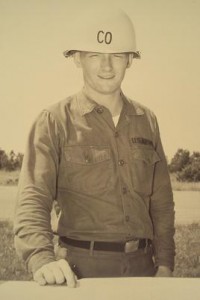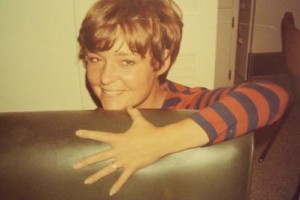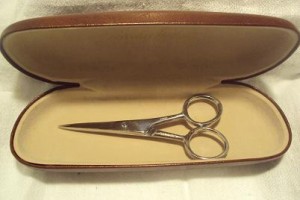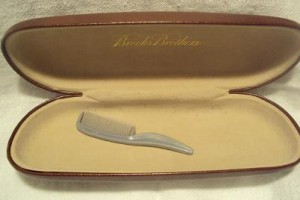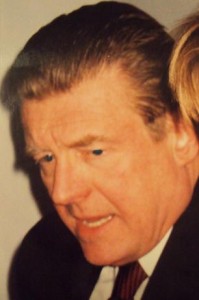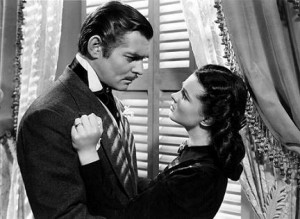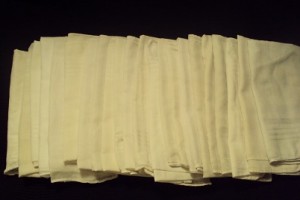I’ve been thinking about Nate all day. Of course I think about him every day, but today it’s been hour-to-hour. For some reason I’ve been focused on the day we got engaged, 41 years ago this month.
Nate was in the U. S. Army at the time, based at Ft. Riley, Kansas. We’d been maintaining our relationship long distance for many months and needed to be together. So when he arranged to get away from the base, I took a train from Chicago to Topeka.
I had an inkling he was going to pop the question that weekend, because he’d sent a mysterious package to my Chicago apartment with clear instructions not to open it. Instead I was to bring it to Kansas.
When you’re in the Army, you don’t have much say over where you’ll be when. He’d ordered the ring on his last trip home, and rather than risk letting it arrive at the base, he’d sent it to my address. I knew enough not to ask questions.
Nate and I had met on a blind date during our senior year in college, dating sporadically until graduation. But the Viet Nam war was raging, and he had a low draft number. To avoid being drafted, he participated in ROTC and hoped for Officer Candidate School.
It had been two years since we’d graduated, but during that time we hadn’t spent much time together and hadn’t talked of marriage. It had been a relationship based on letters and occasional phone calls, during which we’d both dated others and hadn’t yet talked of commitment. But a strong friendship had solidified.
When Christmas of 1968 arrived, however, we’d gotten together over the holidays, and the relationship took off, and by March we were “dancing around permanency.” I decided I shouldn’t proceed without getting some counsel and went to Dad, the logical, reasoning parent.
Without checking any notes or taking an old, dog-eared list from his wallet, he responded with seven or eight check-points for me. He said he’d used them before he married Mom, and it had worked out “pretty good.”
I remember his top five, which he listed in importance:
(1) Make sure he’s a Christian.
(2) A strong sense of humor will be an asset.
(3) Watch to see how he treats his own parents.
(4) Good general health will lessen the stress in marriage.
(5) Marry someone who will bring to the relationship what you don’t have.
Nate passed with flying colors, and we got engaged that July, 1969, in Kansas.
As soon as I’d said “yes” and he’d put the ring on my finger, he ran into the bathroom, emerging with a big smile, a dozen red roses and a fully decorated double-layer cake with lit candles! “I figured we’d want to celebrate, and this was all I could think of!” He was a man in love.
Throughout the train ride home, I stared at my engagement ring, bursting to announce our plans. And to this day it’s my favorite piece of jewelry.
I don’t think I’ll ever take it off.
“Treat your wife with understanding… She may be weaker than you are, but she is your equal partner in God’s gift of new life.” (1 Peter 3:7)

